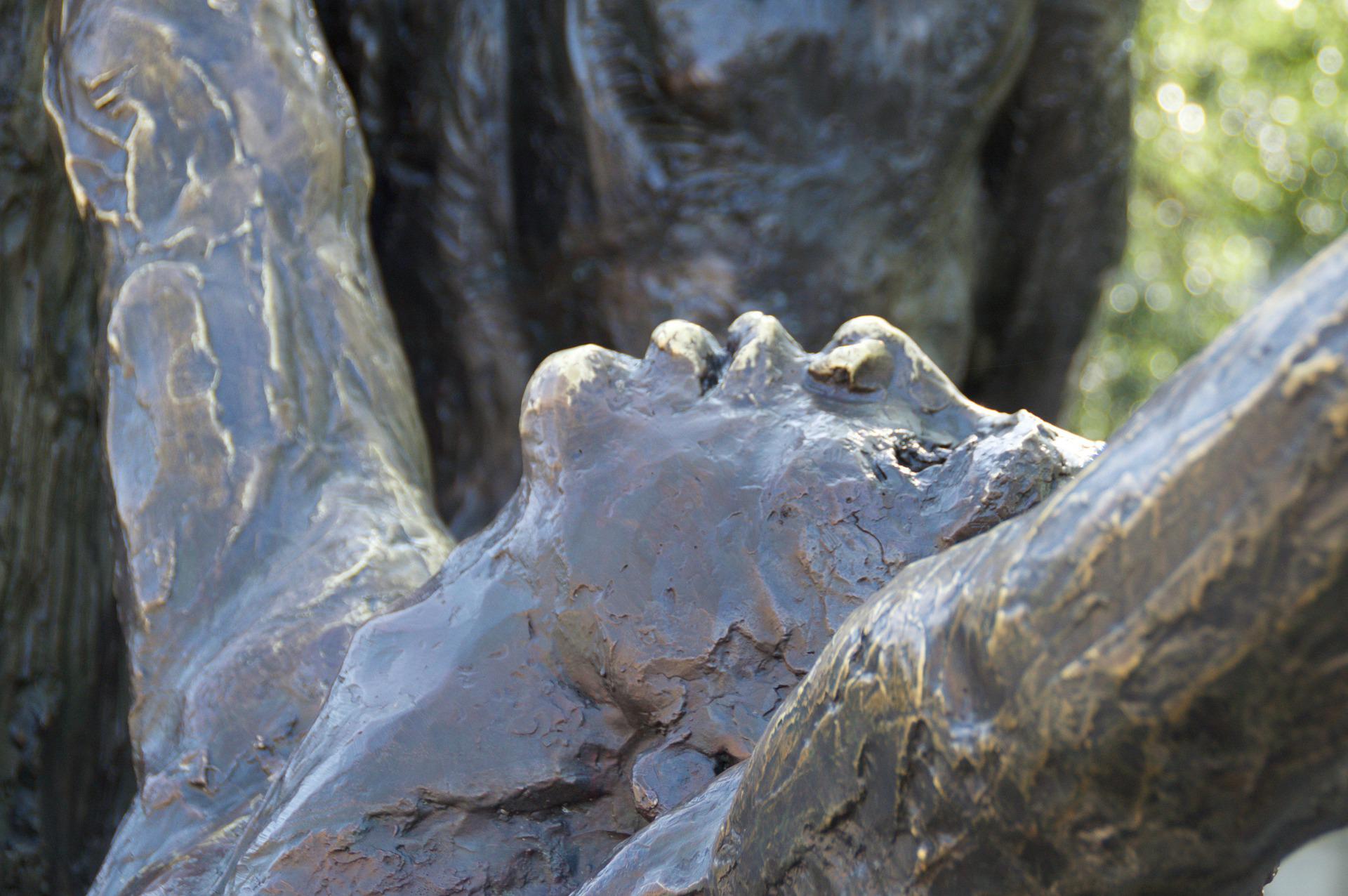
International Day for the Remembrance of the Slave Trade and its Abolition
August 23
Slavery is a condition in which one human being is considered a property of another. This situation has existed since ancient times. The slave trade involved the capture, selling, and buying of people. The largest number ever taken in the period between the 1st and the mid-20th century was from sub-Saharan Africa. The International Day for the Remembrance of the Slave Trade and its Abolition falls every year on August 23 to continue addressing the root causes of slavery. This day was chosen by the United Nations Educational, Scientific, and Cultural Organization (UNESCO) to mark the first anti-slave trade uprising which took place on the night of August 22 to 23, 1791 in Haiti.
The slave trade across the Saharan desert, Red Sea, and Indian Ocean started in the 7th century. From then until its abolition, more than 6 million slaves were shipped from sub-Saharan Africa to North Africa, the Middle East and India. Similarly, the trans-Atlantic slave trade between the 15th the mid-19th centuries transported approximately 12.8 million slaves from Africa to America. This figure does not include the estimated 4 million Africans who died during the raids and transportation or in the seasoning camps in the Caribbean. Although the British government had outlawed slave trade in her colonies in 1807, slavery persisted until its final abolition in 1838.
Today, slavery continues in many ways. According to the International Labour Organization (ILO) more than 40 million people worldwide are victims of modern slavery. Through physical and psychological violence, people are forced to provide service. Servitude takes many forms including debt bondage, child labour, kidnapping for ransom, servile forms of marriage, and the use of children in armed conflicts. The most common form of modern slavery is human trafficking. This is the use of violence, threats or coercion to transport, recruit, or harbour people to exploit them for purposes such as forced prostitution, domestic servitude, forced labour, coercion, forced marriage or organ removal.
The Catholic Church condemns modern slavery and invites all including organizations to work hard to eliminate it. Pope Francis has affirmed that slavery, in all its forms, is wrong because no human being is another’s property. For this reason, he condemns human trafficking and enterprises that enslave human beings. He continuously exhorts Catholics and all people of good will to combat crimes against humanity. In his general message on human trafficking, he identified its root causes as economic, environmental, ethical, and political and called for action against it by launching an Interfaith Global Freedom Network in 2014 to eradicate modern slavery.
In response to Pope Francis’ call to go to the peripheries, we Marist Brothers, in solidarity with other religious congregations, continue to intensify our commitment to the mission of evangelization and education by responding to emergency situations, advocating for children’s rights, and assisting migrants and refugees to defend their dignity. As Marists of Champagnat, we continue to raise awareness of modern slavery, combat human trafficking, seek justice for those who are victims and strive to be the voice of the voiceless.
Brother Francis Lukong – Secretariat of Solidarity
